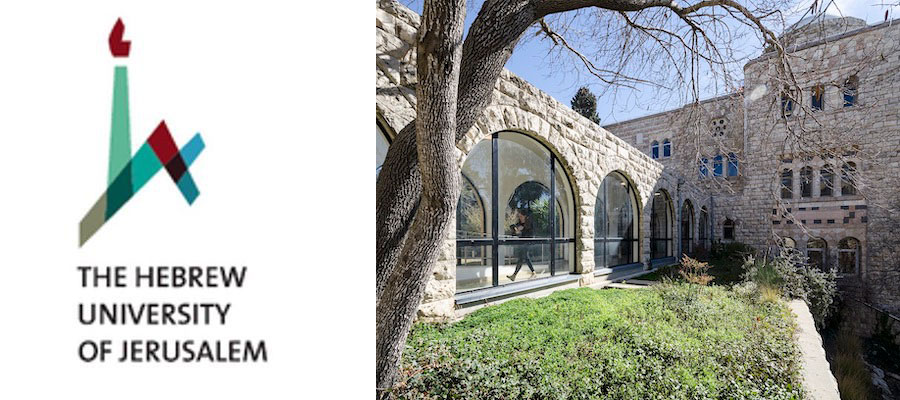Textual Communities in Late Antiquity and the Early Middle Ages: Formation, Influence, and Afterlife, Hebrew University of Jerusalem, September 22–23, 2023
Submissions due April 23, 2023
The Israeli Forum of Early Medieval Studies and Utrecht University invite Ph.D. students to submit their proposals. The aim of this workshop is to open up the discussion of textual communities in Late Antiquity and the early Middle Ages. We welcome speakers from various disciplines, studying varying periods and religions (such as late-antique Judaism, early Islam, and Eastern, Western, and Syriac Christianity).
Coined by Brian Stock as part of what he called “the rebirth of literacy” in the eleventh and twelfth centuries (Stock, The Implications of Literacy, Princeton, 1983, p.3), the concept of “Textual Communities” refers to groups of intellectuals which formed around texts. In these social and intellectual groups, texts defined the internal and external relationships of the members, and affected the hierarchical organization of the group. Ever since the term was coined, the notion of “Textual Communities” has served as a theoretical framework for many scholars in various disciplines. The term enabled scholars to explore different modes of interpretation of both canonical and noncanonical texts, the discourse around these interpretations, and the theological and intellectual outcomes they entailed.
When it comes to Late Antiquity and the Early Middle Ages, much work still remains to be done. From Augustine’s intellectual community of Cassiacum, through the monks of Lérins, the Jewish Tannaim, and Columbanus’ followers, to the intellectuals of the Merovingian or the Visigothic courts, many intellectual circles were formed around texts and debated their interpretations. The aim of this workshop is to open up the discussion of textual communities in Late Antiquity and the early Middle Ages, by offering a platform for PhD students from all over the world and from various disciplines to present their own research and discuss it with others.
We encourage proposals on a wide range of topics, including (but not limited to) the following:
- Textual Communities and the interpretation of texts:
- Text canonization and authority
- Textual interpretation and oral culture
- Textual communities and class:
- Emerging notions of social hierarchies and group formation around texts
- Forming intellectual networks and elite culture
- Mitigating canonical texts to the non-literate
- Textual communities and “the other”:
- Defining social borders via text
- Excluding groups andor individuals
- Textual communities and Law:
- Negotiating law codes
- Forming ecclesiastical dogmas
- Textual communities and liturgy:
- Establishing rituals based on texts
- Reinterpreting the sacraments
- The textual development of prayer
- The concept of Textual Communities:
- Textual communities as a methodology
- Critical reflection on the term
The workshop will take place at the Hebrew University of Jerusalem, on September 5-7, 2023. The workshop will be framed by two plenary lectures, one opening the workshop, and one concluding it. These lectures will be delivered by established scholars in the field.
The organizers will be able to cover the cost of accommodation to a limited number of students.
